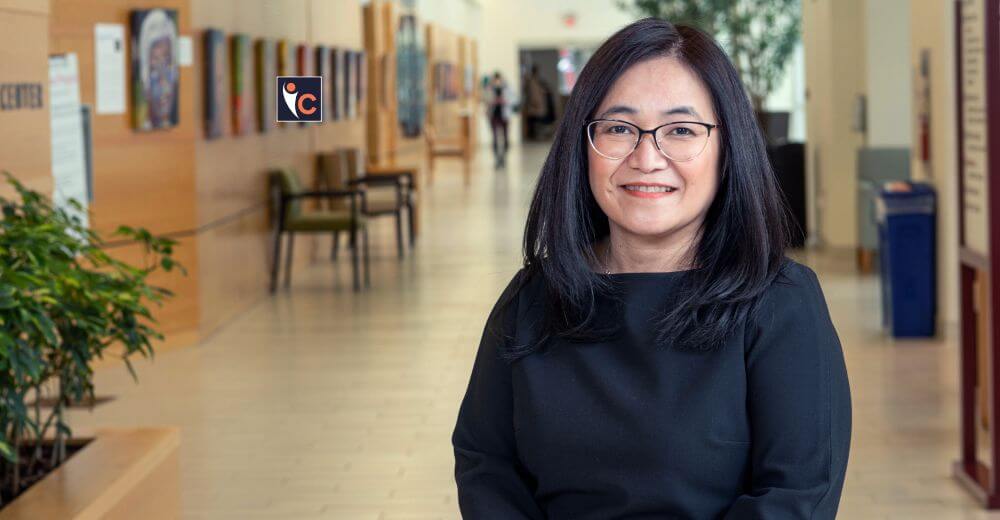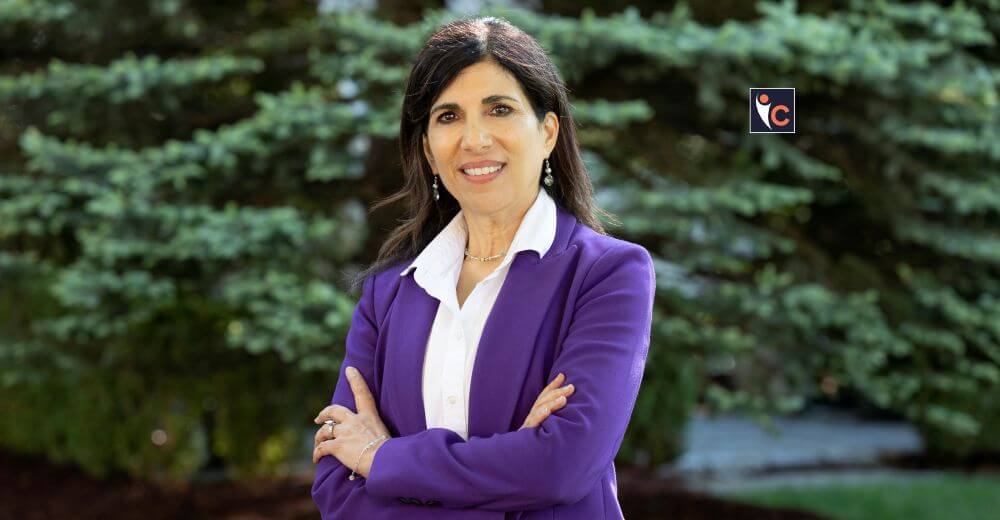The COVID-19 pandemic has revealed a plethora of challenges for the healthcare sector all over the world. While the lack of medical facilities was the biggest hurdle in saving lives it has also put a strain on doctors and the medical staff. The current situation only elevated the high demand of healthcare professionals; however, the lack of medical professionals has been a pressing concern within the healthcare sector even before the pandemic.
Responding to this demand of bridging the talent gap, Hayley Mundeva founded ThriveHire to help university students and recent graduates to build their career and secure jobs in the global healthcare sector.
In the following interview, Hayley throws light on the current position of the global healthcare industry and brief details about her challenging yet exciting journey as the Founder and CEO of ThriveHire.
Give us a brief overview of your journey in the healthcare sector and your role at ThriveHire.
Having family roots in Canada, Australia, Tanzania, and Nepal, I was always fascinated with global affairs. As a kid, the idea of how a neighborhood where a person was born could drastically impact their expectancy and overall quality of life startled me.
By the time I entered the university, I was passionate about global public health and international affairs — learning how programs and policies can strengthen people’s health and well-being, especially in communities that have disproportionally higher rates of mortality and disease.
After pursuing Master’s in Public Health, I got an opportunity to work on health research projects with hospitals and NGOs in Tanzania, Ethiopia, and Malawi. Despite starting my career in research, I was surprised to find little information on career pathways and opportunities in global health. I knew huge funders like Bill and Melinda Gates Foundation and the government and multilateral agencies were funneling billions of dollars into this work, but I was finding it hard to navigate.
Like a lot of entrepreneurs, this challenge got me curious. I decided to sit down with job seekers and HR Directors of global health organizations. Many people were discussing how difficult it can be to boost their organization’s visibility or to find relevant job opportunities and career information. Through those conversations, I identified a potential business solution that encouraged me to launch ThriveHire.
Tell us more about ThriveHire, its vision, and the key aspects of its stronghold in the global healthcare industry.
ThriveHire is a career platform for the global healthcare industry. We offer services to help people launch and build their careers, including career coaching, mock interviews, job application reviews, and a customized job board.
This year, we are also introducing a ‘Career Readiness Program’ into universities. This program entails workshops on key topics impacting a student’s ability to transition into the workforce. For example, learning how to effectively market yourself to an employer, gaining greater awareness of your existing transferable skills, tips for salary negotiations, and so forth.
We are essentially aiming to develop a curriculum that provides students with practical knowledge and insights that can often be overlooked in classrooms or can take several years of work experience to acquire — yet they have huge implications in a student’s or a recent graduate’s ability to secure work.
From a business leadership perspective, what is your opinion on the impact of the current pandemic on the healthcare sector?
COVID-19 pandemic has certainly revealed the need for a strong, interdisciplinary global healthcare workforce. This coupled with the persistent global health challenges, like a growing population, rising obesity rates, and the threat of the next disease outbreak, are showing gaps that exist within our health systems.
But it also presents opportunities. For instance, it has brought more attention to the health sector, which can lead to greater resources and investments being funneled into the sector. Additionally, with everything moving online, virtual care is presenting an opportunity to increase accessibility to health services, especially in harder-to-reach areas. It has the potential to provide opportunities for more interdisciplinary cooperation and information exchanges.
This new virtual environment is reducing barriers and helping people come together from across disciplines and locations. For many, conferences are suddenly more feasible and affordable. This exchange of information is leading to huge benefits and innovations, and this is critical because major global health challenges like pandemic aren’t going to be solved in silos.
What impact did the COVID-19 pandemic have on your company’s daily operations?
Like many companies, COVID-19 did impact our operations. Many of our employer partners went on hiring freezes or were halting their internship placements. As a result, we shifted our attention away from just recruitment to providing career resources for job seekers, which can often be overlooked. And through feedback with these job seekers — many of which were students — we also started learning more about the specific needs and challenges they were facing while in university, which led us to developing the ‘Career Readiness Program’.
In your opinion, what could be the future of the associated services in healthcare sector post-pandemic? And how are you strategizing to scale your company’s operations and offerings to be prepared for that future?
I see a few things in terms of our services post-pandemic. One is that the pandemic has made it easier for us to communicate and sell our work — more and more people are now understanding what global health is and why it is important. We are hoping we can build off this momentum and attention to drive greater resources and support to our work and the sector broadly.
We aim to expand our ‘Career Readiness Program’ by moving from the pilot stage with our first university partners to providing this program to a greater number of universities. We also aim to shine a spotlight on more global health opportunities, with organizations that are committed to strengthening health outcomes around the world.
As an established leader, what would be your advice to the budding entrepreneurs and enthusiasts aspiring to venture into the healthcare associated service sector?
For budding entrepreneurs, I’d suggest getting out there and try things. It’s easy to avoid starting a business because of the fear of failure. But even if you try something and it doesn’t work out, you will still gain skills and confidence along the way. Failure brings more knowledge to you. You get a better understanding of what works and what doesn’t, which you can carry into your next undertaking.
Also, entrepreneurs should prioritize getting feedback from their customers. Your customers will tell you what they want and what are their biggest needs. These insights will reveal what’s working and what isn’t within your company.
While doing this, be sure that you are passionate about your work, as that curiosity and passion is what keeps you motivated through all the ups and downs.
Come up with your own metrics of what success looks like. It can be easy to glamourize entrepreneurship, but of course, it’s a lot of work. You will certainly come across a lot of advice. People are keen to share their thoughts on what you should be doing.
But sometimes I realize that I could pressure myself almost unnecessarily or feel obliged to take a certain approach. When I learned to step back, to ask myself what I really wanted, and recognized the importance of taking breaks and doing things I enjoy, I felt as if I could come into this work with a clearer mind. So, gaining clarity of what you are working towards and what success looks like for you is the key.















